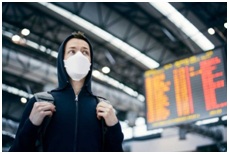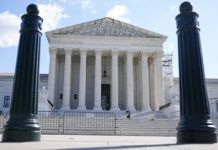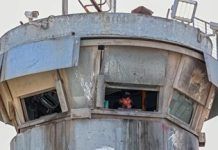The use of facial biometrics in airport systems is increasing in France and around the world, and the country’s national data protection regulator, CNIL, is cautioning stakeholders to ensure that four important principles for using the biometric identification technology without violating privacy are observed.
French airport managers and service providers called in the regulator to provide guidance for experimentation with facial recognition, in the context of widespread adoption plans.
CNIL says facial recognition data is particularly sensitive, and must be subject to enhanced protection. The regulatory also warns that normalizing the technology could carry risks for rights and freedoms beyond airport settings.
In light of these considerations, CNIL says projects involving face biometrics at airports should justify the necessity and proportionality of the technology, obtain prior consent from passengers, which must be “free, informed, and specific” to comply with GDPR, and keep biometric data under the control of passengers. Finally, data protection impact assessments (DPIAs) are recommended before any implementation, whether experimental or not.
Air passengers in the U.S. may also soon be able to pass through security checks with facial recognition without removing their masks, Department of Homeland Security Director of Biometrics and Identity Technology Center, Arun Vemury, told an audience during the recent World Aviation Festival, Simple Flying reports.
NIST testing shows algorithms developed before the COVID-19 pandemic returned high error rates for masked faces, between 5 and 50 percent. New algorithms continue to be developed, however, with masks in mind, and as Vemury points out, a 5 percent error rate in production would mean that 95 percent of travellers could complete the check without removing their masks. He expressed confidence that airport face recognition systems would soon be able to keep frontline staff and other travellers safer by no longer requiring most people to momentarily remove their masks.








